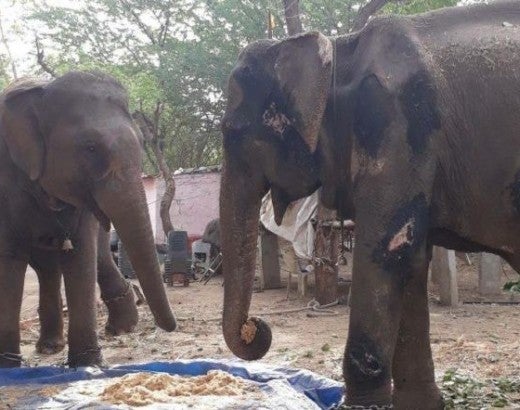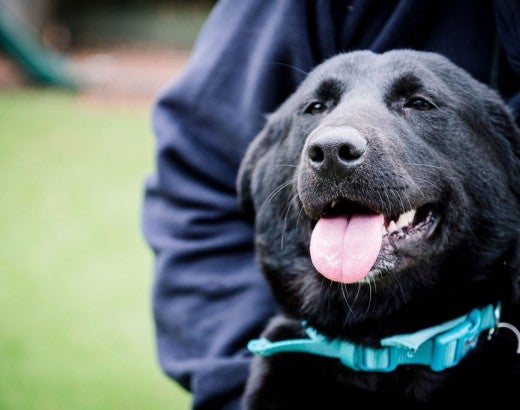The world’s largest wildlife trade conference has just wrapped up in Geneva and as our own Humane Society International team returns home, we are celebrating big wins for 135 wild animal species, including the giraffe, African elephant and southern white rhino.
Delegates at the Conference of the Parties to the Convention on International Trade in Endangered Species (CITES) voted overwhelmingly to protect giraffes from overexploitation in the international trade. This is the first time that giraffes have received such protections, and it couldn’t have happened sooner. Giraffe populations have declined around 40% in the last 30 years and the Humane Society of the United States and Humane Society International have been fighting stateside and internationally to protect these beautiful animals.
Countries also took action at CITES to limit the capture of wild African elephants from Botswana and Zimbabwe for export to zoos. This cruel trade causes immense suffering for the animals and Zimbabwe alone has, since 2012, exported a total of 108 elephants to zoos overseas. Conservationist, Dr Jane Goodall issued a statement of concern, and celebrities, including Joanna Lumley, Ricky Gervais, Judi Dench, Pamela Anderson and others submitted an open letter to European Union officials, calling on them not to oppose the proposal. In the end the proposal did succeed despite the fact that the United States voted against it.
Delegates also rejected multiple dangerous proposals to open up the trade in elephant ivory and rhino horn. A poaching crisis has beset both species and allowing such trade would have undermined ongoing global efforts to reduce a demand for their body parts, created enforcement problems, and further imperiled these iconic animals.
CITES delegates also recognized the overexploitation of wildlife for the pet trade as a priority concern, and took action to prohibit international commercial trade in Asian small-clawed otters and smooth-coated otters. These two semi-aquatic species are highly sought after for the pet trade, especially for “otter cafés” in Japan where customers get a chance to hold and pet the furry animals and pose for photos. Investigations have shown that the animals suffer immensely in these situations.
International commercial trade in Indian star tortoises, sought after as pets in China and Thailand, was also prohibited. The illegal trade in these small and pretty tortoises has rocketed over the past few years and they are now the most common tortoise species seized in the illegal wildlife trade.
Country delegates at Geneva also voted to protect mako sharks, giant guitarfish, wedgefish and sea cucumbers -- all species negatively impacted by the international wildlife trade.
Our HSI team was in the great assembly hall pushing for these positive changes and we are proud that our hard work helped secure these victories for animals. The 183 member countries of CITES meet every three years to vote on proposals and given how rapidly some species are declining, it is imperative that countries act sooner rather than later to protect animals especially at risk.



